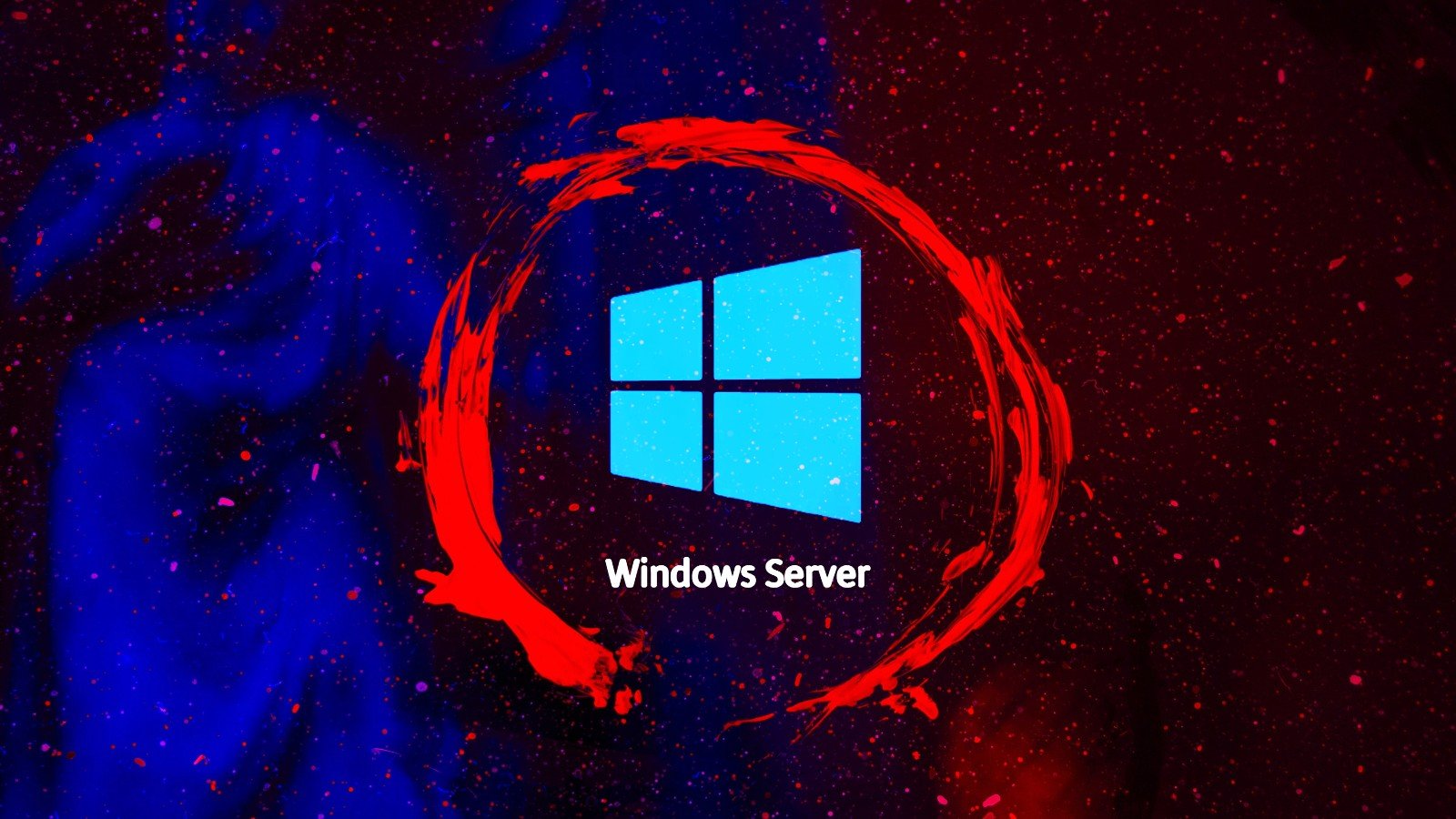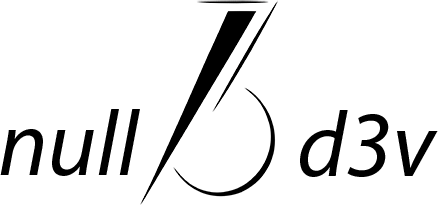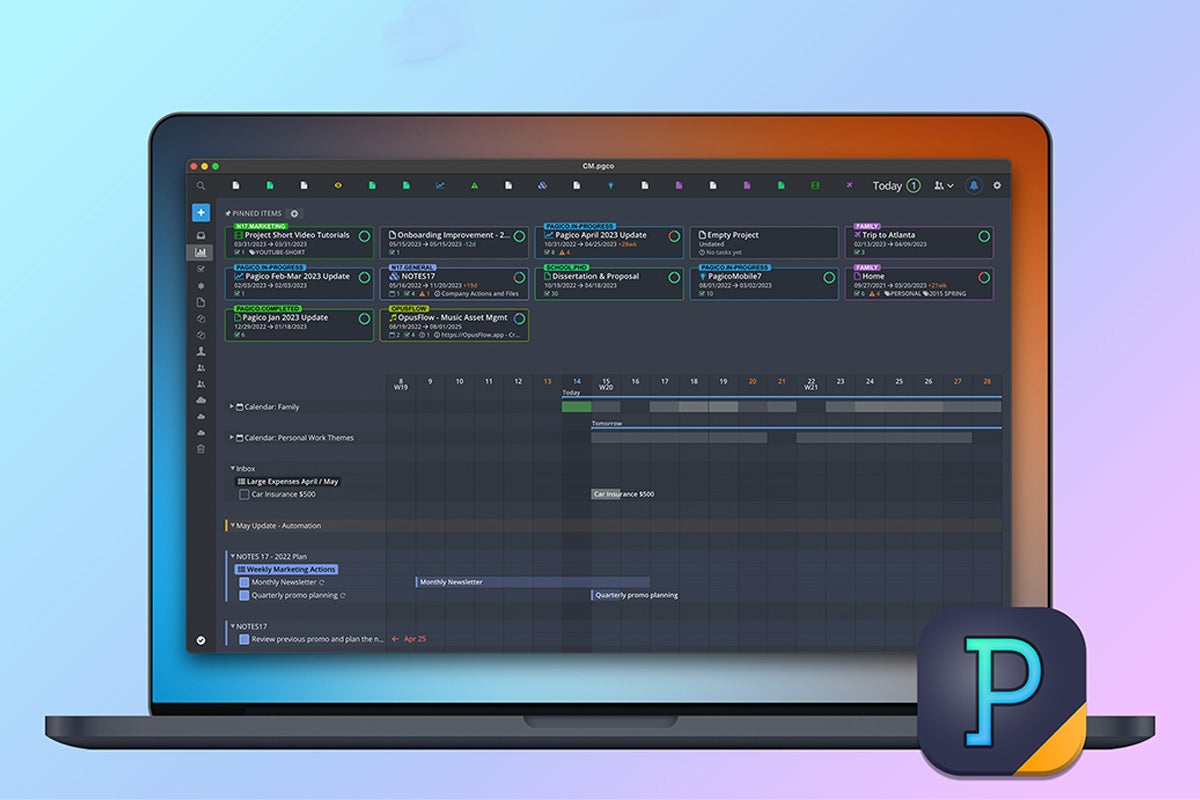Microsoft's Places app aims to streamline transition to hybrid work.
Microsoft introduces Places, an app designed to facilitate in-person collaboration in a hybrid work environment. With features like scheduling, booking available rooms, and AI assistance, Places aims to simplify the coordination of office presence for employees. This tool integrates data with the Copilot genAI assistant for optimal scheduling recommendations. Additionally, Places offers insights for admins on office usage trends and space management. Available in public preview for Teams Premium subscribers, Microsoft Places competes with similar products in the market.

As hybrid work arrangements become more common, it can be a challenge to get coworkers in the same place at the same time. With that in mind, Microsoft hopes to make it easier to coordinate in-person collaboration with the launch of Places, an app with features to help plan the time employees spend in the office. “Microsoft Places seems well-suited to help organizations address the challenges involved in supporting a hybrid workplace,” said Raúl Castañón, senior research analyst at 451 Research.
The transition to a hybrid work model has involved more than a reduction in office footprint, resulting in a shift of the physical office to a collaborative, flexible space, with fluctuating occupancy. With Places, workers can set their own proposed location schedule and display it for others to see. The information can be set using the Places app itself or in Outlook Calendar. They can also view the schedules for colleagues and managers, while managers can specify certain days when staffers are expected to be in the office. Microsoft plans to integrate Places data with its Copilot generative AI (genAI) assistant later this year. This will enable suggestions about which days are best for individuals to come into the office, highlighting in-person meetings and the planned presence of managers and coworkers.
A booking feature called “Places find” – also accessible from Outlook – lets users search for available rooms and desks. Here, images of rooms or desk pools are displayed on an office map, with details about available technology and other amenities. Users will receive reminders if they haven’t booked a room on a day they’re scheduled to be in the office. The AI features are the most eye-catching element in Places, said Jack Gold, founder and principal analyst at J. Gold Associates. “The ability to have an assisted intelligence agent ‘uncomplicate’ scheduling and peer connectivity issues will be well received, if it works as planned,” he said.
An “expanded presence” feature enabled by Places is available across Microsoft 365 apps. It provides users with a glimpse of who’s in the office at the same time, making it easier for coworkers to arrange a quick face-to-face chat. Microsoft said all location data adheres to its privacy standards, with opt-in and opt-out controls accessible to admins and users. Places will also provide admins and facilities managers with analytics on office use, letting them see what space is available and what’s actually needed.
Copilot, once integrated with Places, will provide suggestions on how best to manage and adapt spaces to meet demand. Microsoft Places competes with a range of products, including various hybrid work management features available in productivity and collaboration software suites. The Places app could make sense for customers that want to remain with Microsoft apps. Microsoft Places is available in public preview now for Teams Premium subscribers.





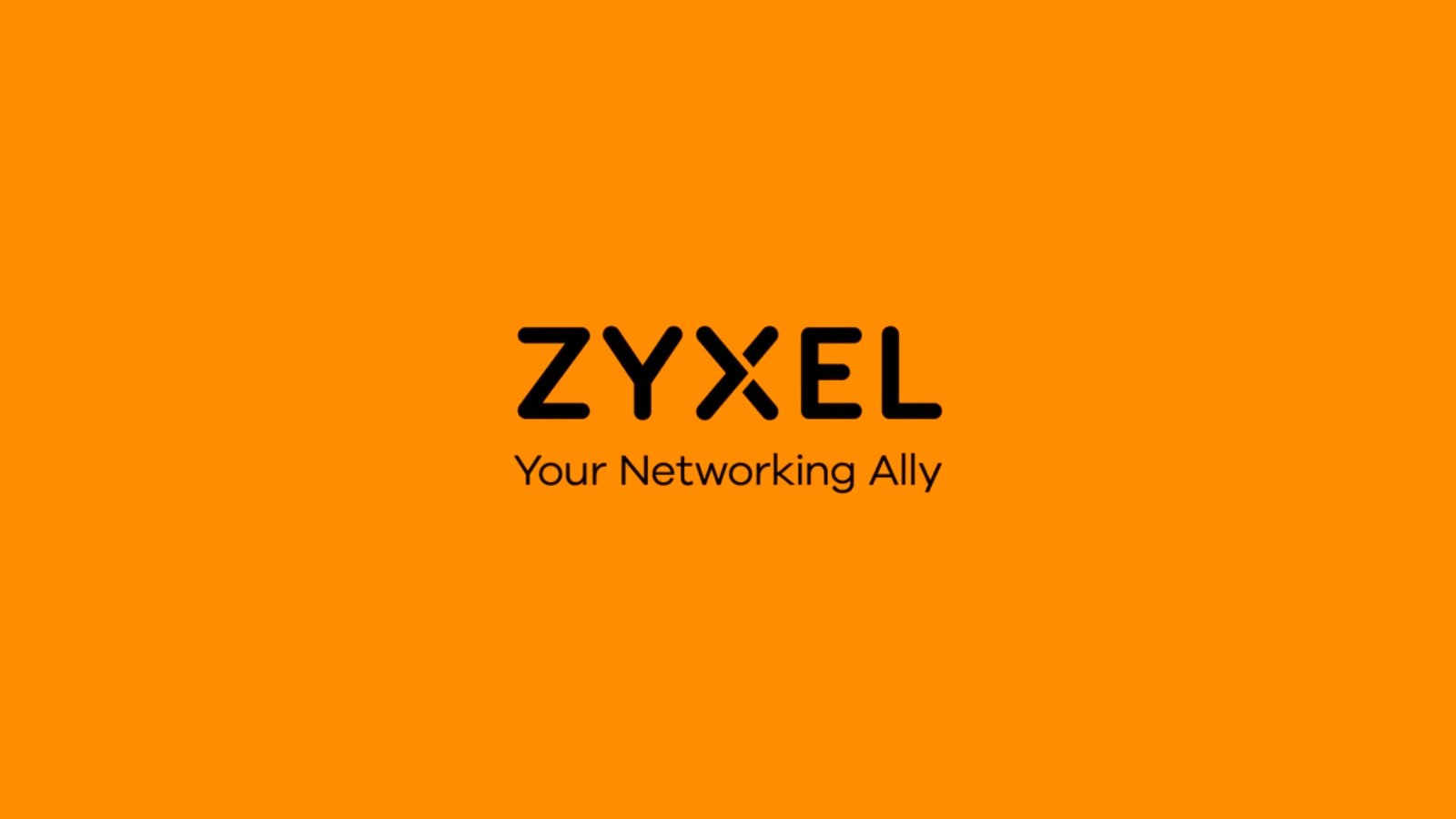

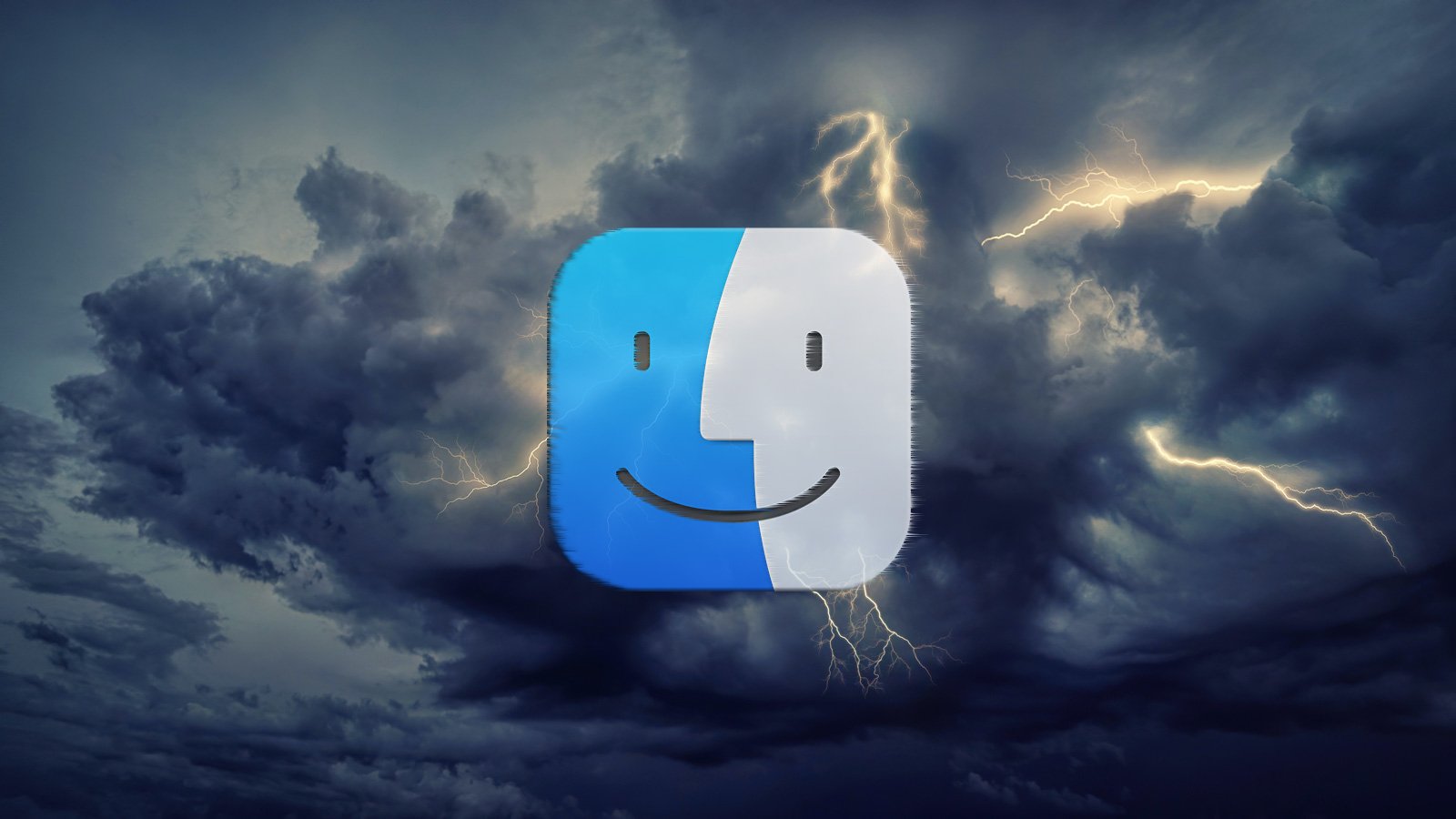












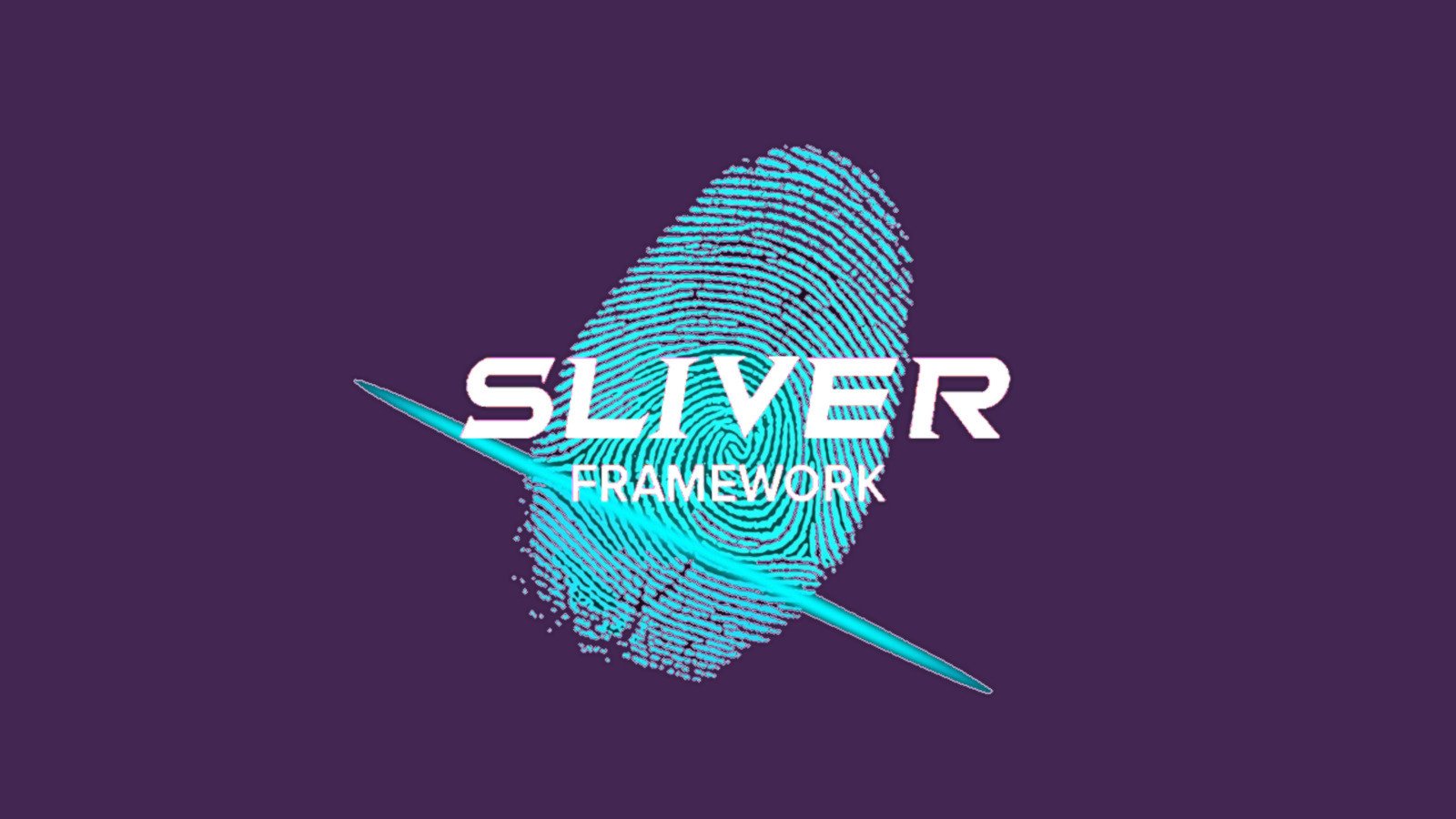
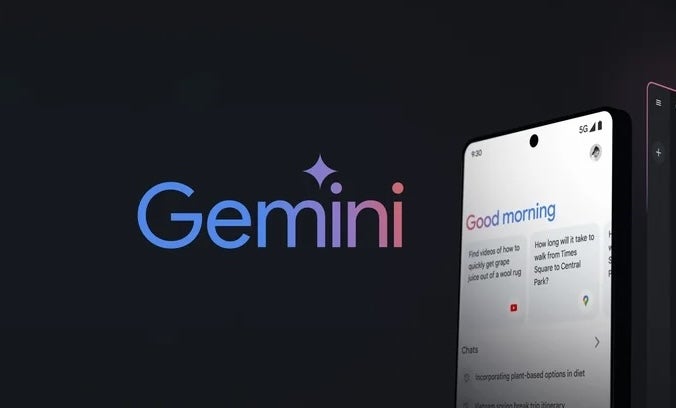

![Largest Data Breaches in US History [Updated for 2023]](https://nulld3v.com/uploads/images/202311/image_430x256_654e69df8d469.jpg)



